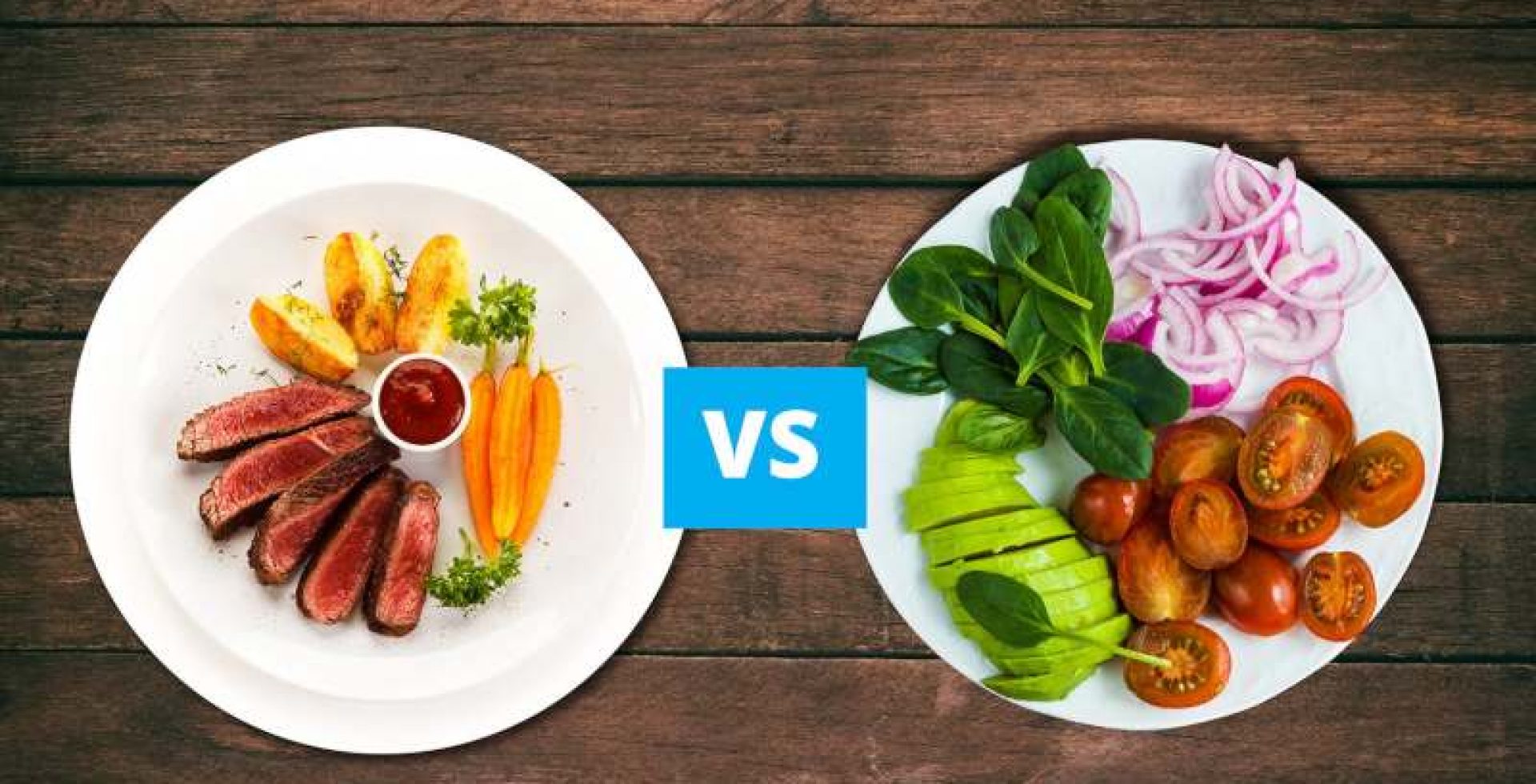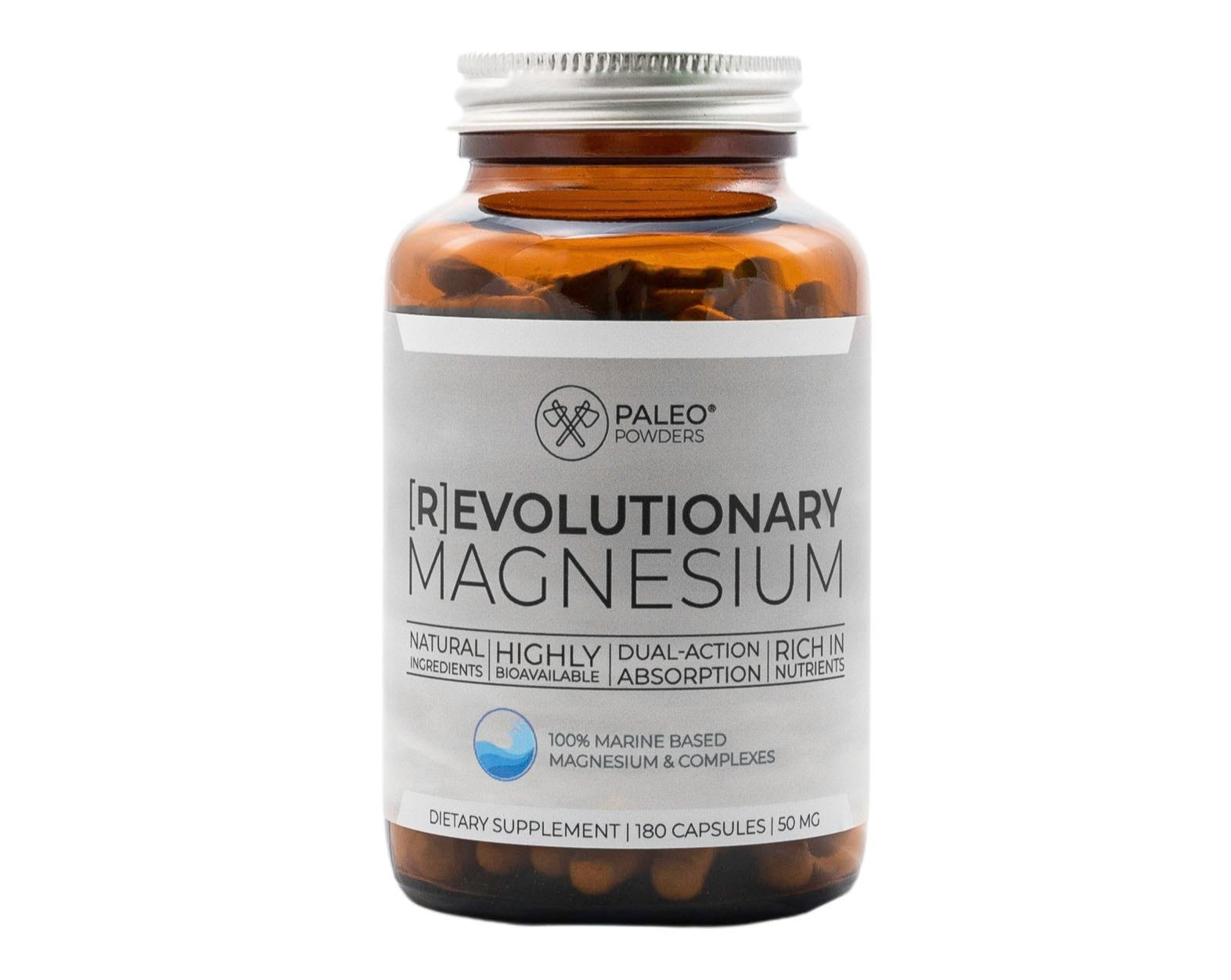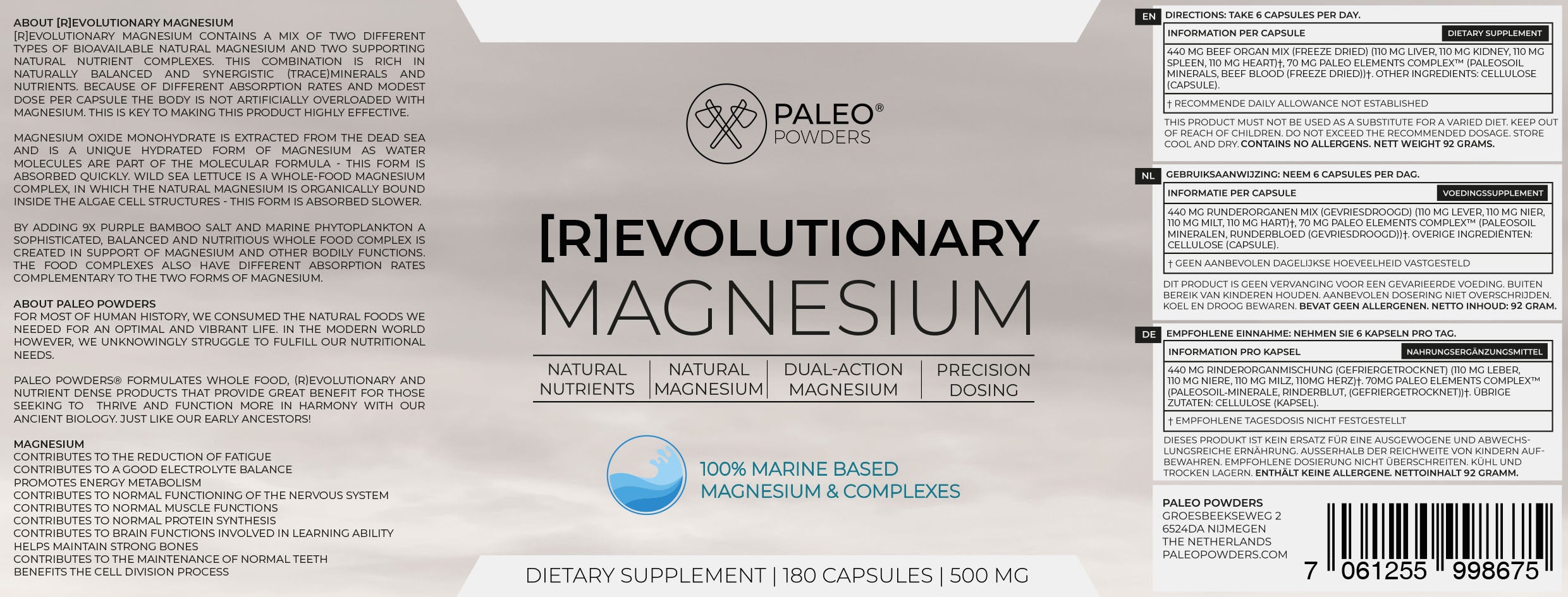
Animal or Vegetable Protein? A Nutritional Comparison
The Value of Proteins
Proteins are one of the three essential macronutrients crucial for the energy and functionality of your body, alongside fats and carbohydrates. Unlike fats and carbohydrates, proteins are considered "essential" because our body cannot naturally produce them; we need to get them through our diet.
Proteins act as building blocks for various physiological processes in our body. They play a role in gene expression, cell structure, regulation of the immune system, the functioning of neurotransmitters, and muscle formation. These proteins consist of smaller molecules known as amino acids, of which our body needs 20 specific amino acids to synthesize various proteins.
When we talk about animal protein versus plant protein, we are essentially comparing the amino acids provided by each source, with a focus on the nine "essential" amino acids that our body cannot produce independently.
Complete Proteins and Essential Amino Acids
Animal products such as meat, dairy, and seafood contain all 20 amino acids, including the nine essential amino acids needed for various physiological functions. Plant proteins, on the other hand, often lack one or more essential amino acids.
Biological Availability and Protein Digestion
Biological availability refers to the ability of your body to absorb and utilize proteins from food. Animal protein sources consistently score high in biological availability compared to plant proteins.
| Protein Source | Biological Value | Net Protein Utilization |
|---|---|---|
| Beef | 80 | 73 |
| Eggs | 100 | 94 |
| Milk | 91 | 82 |
| Casein | 77 | 76 |
| Soy Protein | 74 | 61 |
| Peanuts | 0.52 | |
| Black Beans | 0.75 |
Research has shown that the incompleteness of plant proteins can impact your health. Research in the Journal of Nutrition found that animal proteins outperformed plant proteins in terms of "net protein balance." This means that the body uses and absorbs animal proteins more efficiently.
Anti-nutrients in Plant Proteins
Common dietary guidelines often treat plant and animal proteins as equals in terms of protein intake, ignoring anti-nutritional factors in plants. These factors, including lectins, phytic acid, trypsin inhibitors, oxalic acid, and tannins, can affect the absorption and hydrolysis of amino acids.
Muscle Building and Leucine
Animal proteins, especially those in meat, contain high levels of leucine, an essential amino acid crucial for muscle building. Numerous studies have shown that higher leucine levels lead to increased protein synthesis in muscles, promoting muscle growth and recovery. Plant proteins generally contain lower levels of leucine than their animal counterparts.
Satiation and Weight Loss
Proteins play a crucial role in weight loss due to their satiating effects. High-quality animal proteins are more satisfying and keep you fuller for longer, resulting in lower calorie intake. To obtain the same amount of proteins from plant foods, you often need to consume more, which can lead to higher carbohydrate and calorie intake.
Micro-nutrient Density
Animal foods rich in proteins also provide essential micronutrients such as B12, zinc, choline, iron, copper, and selenium. Fatty animal products are excellent sources of fat-soluble vitamins, including A, D, E, and K2.
Conclusion
While plant-based diets are becoming increasingly popular, it's important to recognize that animal proteins offer numerous nutritional benefits. Animal proteins provide a complete array of amino acids, including all the essential ones, and they are highly bioactive. Plant proteins, on the other hand, can be incomplete and may contain anti-nutrients that hinder protein absorption.
If you want to optimize your protein intake and benefit from essential macronutrients and micronutrients, incorporating high-quality meat, eggs, fish, and dairy products into your diet is a well-founded choice. However, remember that balance and variety in your diet are essential for overall health and well-being.








